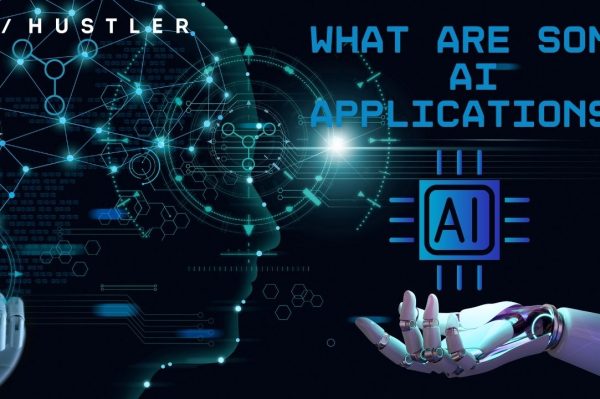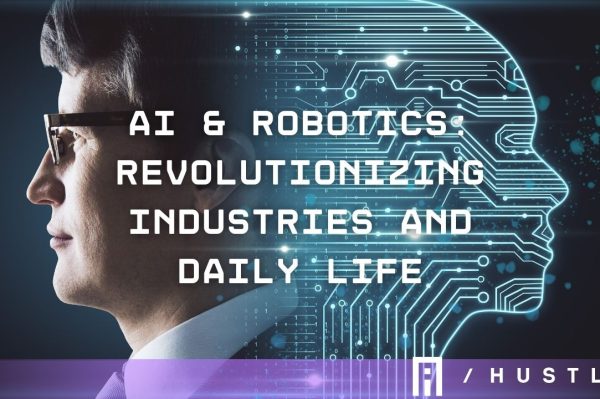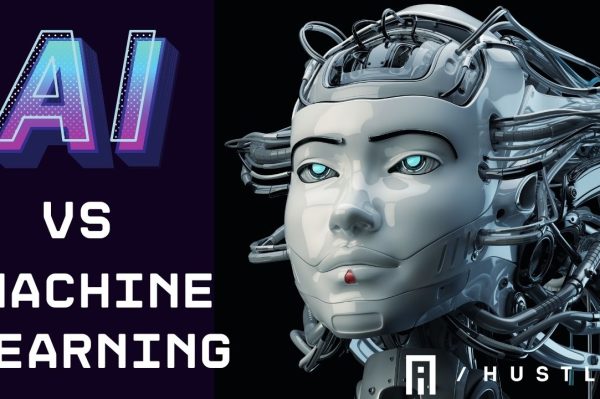Artificial Intelligence in Business
Artificial Intelligence (AI) is revolutionizing the business landscape in unprecedented ways. With its ability to process vast amounts of data, learn from patterns, and make predictions, AI is increasingly becoming an invaluable asset for companies across various industries. In this article, we’ll explore how AI is transforming businesses and reshaping the future of work.
Enhancing Decision-Making
One of the primary strengths of AI is its capacity to analyze data quickly and accurately. Businesses are harnessing this capability to improve decision-making processes. AI algorithms can examine historical data, market trends, and consumer behavior to provide valuable insights.
For instance, in the financial industry, AI-powered algorithms can predict market fluctuations, helping investors make informed decisions. In healthcare, AI assists doctors in diagnosing diseases by analyzing patient data and medical records. Such data-driven decision-making not only enhances accuracy but also saves time and resources.
Customer Service and Engagement
AI is redefining customer service by providing more efficient and personalized interactions. Chatbots, powered by AI, are now a common feature on websites and apps. They can answer customer inquiries, provide recommendations, and even complete transactions.
Additionally, AI helps businesses analyze customer data to tailor marketing strategies. By understanding individual preferences and behavior, companies can deliver personalized advertisements and product recommendations, ultimately improving customer engagement and loyalty.
Automation and Efficiency
Automation is a key driver of AI implementation in business. Repetitive and time-consuming tasks that were once performed by humans can now be automated through AI-powered systems. This includes data entry, invoice processing, and even content creation.
For instance, in manufacturing, robots and AI-driven machines can handle complex assembly processes with precision and efficiency. In logistics, AI optimizes supply chain operations by predicting demand, reducing inventory costs, and improving delivery routes.
Predictive Analytics and Risk Management
AI’s ability to analyze large datasets is invaluable for predicting future trends and mitigating risks. This is particularly crucial in sectors like insurance and cybersecurity. Insurers use AI to assess risks more accurately and set premiums accordingly. In cybersecurity, AI systems can detect and respond to threats in real-time, reducing the likelihood of data breaches.
Human Resources and Talent Management
AI is also playing a significant role in human resources and talent management. Recruitment processes are being streamlined with AI algorithms that can analyze resumes, assess candidates’ skills, and even conduct initial interviews. This saves HR professionals a substantial amount of time and ensures more objective candidate evaluations.
Additionally, AI-powered tools are helping businesses manage their workforce more effectively. They can predict employee attrition, identify skill gaps, and recommend training programs to upskill employees.
Challenges and Considerations
While AI offers numerous benefits, it also presents challenges and considerations for businesses. Data privacy and security are paramount concerns, especially with the increasing collection of sensitive customer data. Companies must adhere to strict regulations and invest in robust cybersecurity measures.
Moreover, there is a fear of job displacement as automation and AI take over certain tasks. However, many experts argue that AI is more likely to augment human capabilities than replace jobs entirely. The emphasis is shifting towards reskilling and upskilling the workforce to adapt to these changes.
In conclusion, Artificial Intelligence is transforming the business landscape by enhancing decision-making, revolutionizing customer service, automating tasks, predicting trends, and optimizing talent management. While challenges exist, the potential benefits are too significant to ignore. As AI continues to evolve, businesses that embrace and adapt to this technology are likely to thrive in the competitive landscape of the future.




